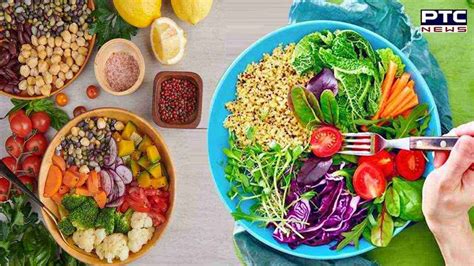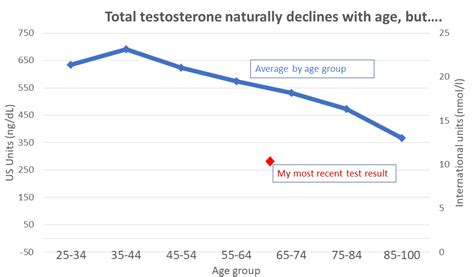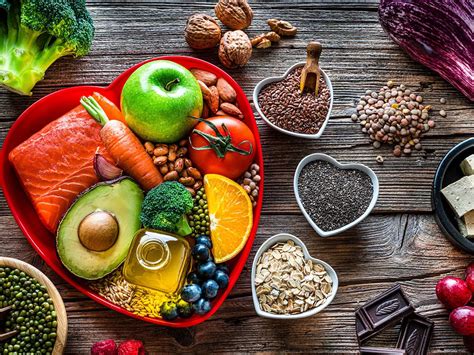Nutrition for peak male performance & optimal T-levels: what’s key?

The Foundation of Male Vitality: Nutrition’s Role
In the relentless pursuit of peak male performance, whether it’s excelling in physical endeavors, maintaining sharp cognitive function, or fostering a robust sense of well-being, nutrition stands as an undeniable cornerstone. Beyond simply fueling our bodies with energy, strategic dietary choices wield immense power in optimizing hormonal balance. Chief among these hormones is testosterone (T-levels), which profoundly influences everything from muscle mass and energy levels to mood, libido, and overall vitality.
Many factors contribute to optimal T-levels, but diet is arguably one of the most controllable and impactful. Understanding which nutrients support testosterone production and overall male performance can empower men to take proactive steps towards a healthier, more vibrant life.
The T-Level & Performance Connection
Testosterone is the primary male sex hormone, crucial for the development of male reproductive tissues and the expression of secondary sexual characteristics. More broadly, it impacts muscle growth, bone density, fat distribution, red blood cell production, and sex drive. Optimal T-levels are synonymous with vitality, strength, and overall well-being. When T-levels dip, men can experience a spectrum of adverse effects, including chronic fatigue, decreased libido, loss of muscle mass, increased body fat, and even mood disturbances. Fortunately, diet offers a powerful lever for regulation and support.

Macronutrients: The Essential Building Blocks
The three main macronutrients – fats, proteins, and carbohydrates – each play distinct, yet interconnected, roles in supporting male performance and T-levels.
- Healthy Fats: Not all fats are created equal, but healthy fats are absolutely essential for testosterone synthesis. Cholesterol, a precursor to testosterone, is derived from dietary fats. Saturated and monounsaturated fats, found in foods like avocados, nuts, olive oil, and grass-fed red meat, are particularly important. Aim for around 20-30% of your daily calories from healthy fats.
- Quality Protein: Adequate protein intake is vital for muscle growth, repair, and overall body function. While not directly boosting T-levels, maintaining muscle mass and a lean body composition supports a healthier hormonal environment. Sources like lean meats, poultry, fish, eggs, and legumes are excellent choices.
- Complex Carbohydrates: Carbohydrates provide the primary energy source for high-intensity exercise and help prevent cortisol (the stress hormone) from spiking, which can negatively impact testosterone. Focus on complex carbohydrates like whole grains, fruits, and vegetables over refined sugars and highly processed options.

Micronutrients: The Hormonal Catalysts
While macronutrients provide the bulk of energy and structural components, micronutrients – vitamins and minerals – act as critical cofactors and catalysts in numerous bodily processes, including hormone production.
- Zinc: Perhaps one of the most critical minerals for testosterone production, zinc deficiency is directly linked to lower T-levels. Zinc is involved in numerous enzymatic reactions, including those that regulate testosterone synthesis. Oysters, red meat, poultry, beans, nuts, and whole grains are rich sources.
- Vitamin D: Often referred to as the ‘sunshine vitamin,’ Vitamin D actually functions as a steroid hormone in the body. Research consistently shows a strong correlation between sufficient Vitamin D levels and higher testosterone. Sun exposure is ideal, but fatty fish, fortified foods, and supplements can help bridge the gap.
- Magnesium: Magnesium plays a role in over 300 enzymatic reactions, including those related to energy production and muscle function. Studies suggest magnesium can increase free and total testosterone levels by reducing its binding to sex hormone-binding globulin (SHBG), making more testosterone available for use.
- B Vitamins: B vitamins, particularly B6, play a role in neurotransmitter function and metabolism, indirectly supporting overall hormonal health and energy levels. Foods like lean meats, eggs, dairy, and leafy greens are good sources.

Foods to Prioritize for Optimal T-levels & Performance
To fuel peak performance and support robust T-levels, integrate these nutrient-dense foods into your daily diet:
- Fatty Fish (Salmon, Mackerel, Sardines): Rich in Omega-3 fatty acids and Vitamin D.
- Leafy Green Vegetables (Spinach, Kale, Swiss Chard): High in magnesium, folate, and antioxidants.
- Avocados: An excellent source of healthy monounsaturated fats and Vitamin B6.
- Berries: Antioxidant-rich, helps combat oxidative stress and inflammation.
- Oysters & Shellfish: Packed with zinc, selenium, and other trace minerals.
- Red Meat (Lean cuts, Grass-fed): Good source of zinc, iron, and beneficial saturated fats (in moderation).
- Eggs: Contains healthy fats, protein, cholesterol (for hormone synthesis), and Vitamin D.
- Nuts & Seeds (Almonds, Walnuts, Pumpkin Seeds): Provide healthy fats, magnesium, and zinc.
- Garlic: May reduce cortisol and support testosterone production.
- Cruciferous Vegetables (Broccoli, Cauliflower): Contain compounds that may help metabolize excess estrogen.

Foods to Limit or Avoid
Conversely, some foods and dietary habits can undermine your efforts to optimize T-levels and performance:
- Excessive Alcohol: Can impair testosterone production, disrupt sleep, and negatively affect liver function.
- Sugary Drinks & Refined Carbs: Lead to insulin spikes, inflammation, and can contribute to weight gain, all of which are detrimental to T-levels.
- Trans Fats & Processed Foods: Harmful to overall cardiovascular health and hormone balance.
- Soy Products (in excess): Some research suggests potential estrogenic effects, though moderate consumption of fermented soy is usually fine for most men.
Beyond Diet: Lifestyle Synergy
While nutrition is paramount, a holistic approach that integrates other healthy lifestyle factors yields the best and most sustainable results for peak male performance and optimal T-levels:
- Regular Exercise: Especially resistance training and high-intensity interval training (HIIT), which naturally boost testosterone.
- Adequate Sleep: Aim for 7-9 hours of quality sleep per night, as testosterone is primarily produced during deep sleep cycles.
- Stress Management: Chronic stress elevates cortisol, a hormone that can directly counteract testosterone. Incorporate practices like meditation, yoga, or hobbies to manage stress.
- Maintain a Healthy Weight: Excess body fat, particularly visceral fat around the abdomen, can increase the conversion of testosterone into estrogen.

Conclusion
Optimizing male performance and T-levels is not about quick fixes but a consistent, informed approach to nutrition and lifestyle. By prioritizing nutrient-dense whole foods, balancing macronutrients, ensuring adequate micronutrient intake, and integrating healthy habits like regular exercise, sufficient sleep, and stress management, men can significantly enhance their vitality, strength, and overall quality of life. Always consult with a healthcare professional or a registered dietitian to tailor a plan that best suits your individual needs and health status.









